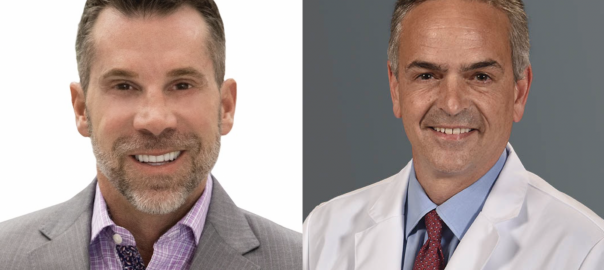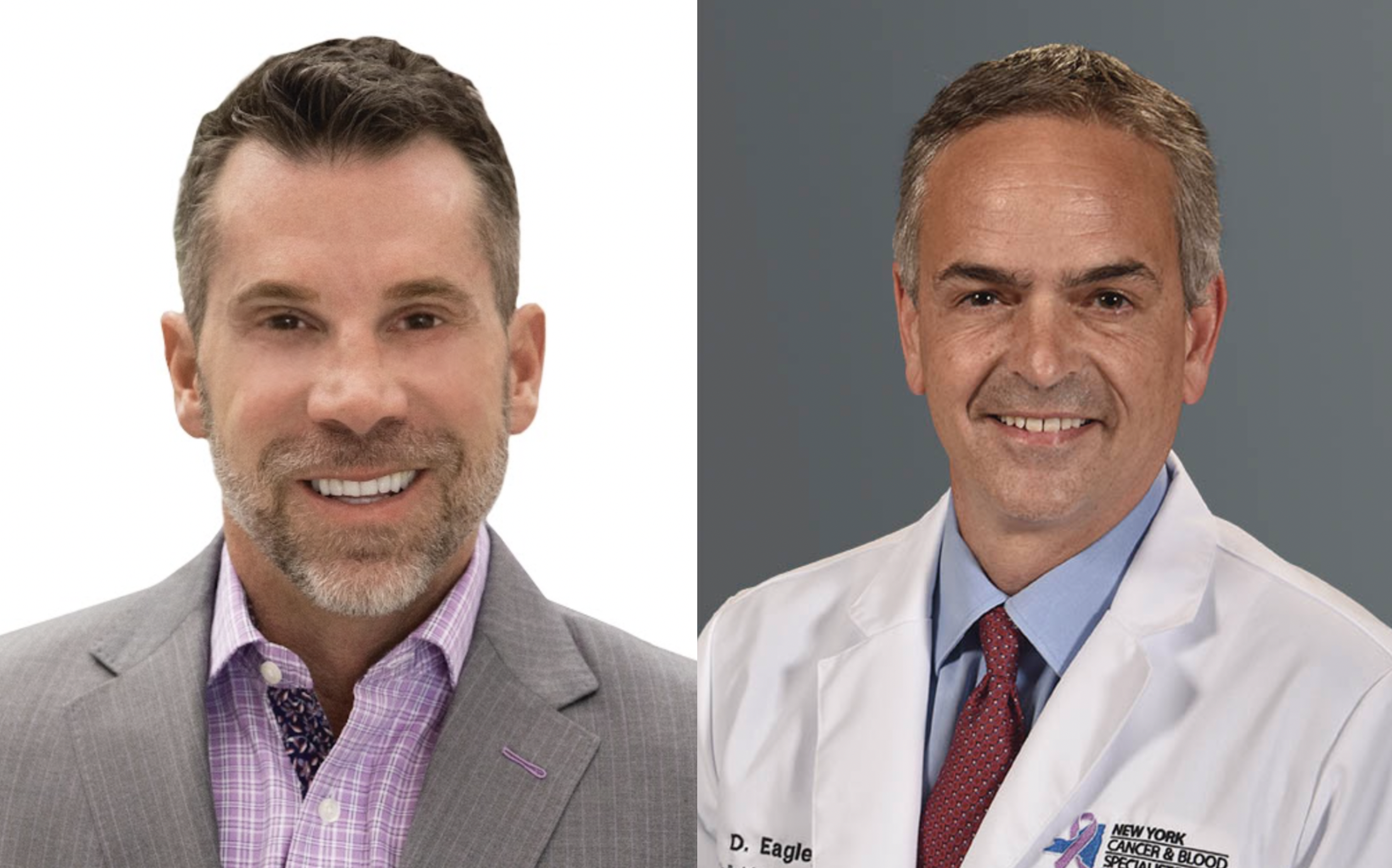
Achieving Health Equity for New York Medicaid Patients
This guest essay reflects the views of Dr. Jeff Vacirca, chief executive officer, and Dr. David A. Eagle, chair of legislative affairs and patient advocacy of New York Cancer & Blood Specialists.
The delivery of modern, high-quality cancer care delivery has produced enormous patient benefits. Patients now live longer than when we started practicing medicine over twenty years ago due to amazing advances in targeted cancer therapies, immunotherapy, and a multitude of other modern treatment options. However, the growing complexity of delivering this care can become overwhelming for patients who are challenged both by cancer itself and the cancer care delivery system. Patients should not have to jump through bureaucratic hoops to get the quality care they deserve, particularly when facing such a devastating disease.
This is particularly true for many of the cancer pills that doctors prescribe – both to treat the cancer itself and to reduce difficult and often painful side effects of cancer treatment, such as nausea, pain, and infection. Comprehensive cancer centers like ours can provide these oral medications through their own in-house pharmacies so patients can get everything they need during their routine doctor trips. It has been proven that this on-site pharmacy facility helps ensure patients take their medications properly, reduces delays, allows better care coordination, and clearly improves cancer outcomes for our patients.
Unfortunately, our modern cancer care system has been invaded by shadowy middlemen known as Pharmacy Benefit Managers (PBMs). PBMs act as middlemen between doctors, patients, insurers, and pharmacies, controlling the process through which patients receive their medications. However, they often act to benefit themselves rather than patients. Recognition of this problem led to the passage of landmark legislation in New York state last year establishing the Pharmacy Benefits Bureau. This agency will now act to regulate PBMs in ways never possible before, finally giving us hope that regulators will rein in the PBM industry so that it helps rather than harms patients.
However, much more work needs to be done in New York to truly protect our patients, particularly our most vulnerable who rely on Medicaid. Unfortunately, New York Medicaid appears to be doing the opposite. New York Medicaid is taking actions to drive patient care away from their doctors and into the hands of PBMs.
For years, New York doctors have been able to provide Medicaid patients with their life-saving cancer prescription medications from their offices directly at that time of their visit. But in a change rolled out earlier this year, New York Medicaid began telling doctors that they need to individually enroll as Medicaid prescribers to continue servicing their patients. The catch? They never established a way for doctors to do that, leaving us in limbo. So now, in an abrupt and confusing turn, New York Medicaid is telling doctors to use patients’ medical benefits for pharmacy drug reimbursement. If this sounds confusing—it is. It’s like paying for your dental care with your eye benefits. It cannot work either in theory or in practice. Also, Medicaid is proposing low-ball reimbursement rates in a way that on-site pharmacies like ours cannot survive.
The real result is that New York Medicaid will end up pushing the state’s poorest and most vulnerable patients even further into a second-class health care system. Under the new regulations, these patients will have to get their cancer-fighting pills through the PBM’s own pharmacies and face a horrific bureaucracy filled with unacceptable and inexplicable delays, denials, and suffering. By the way, the PBMs love this as using their own pharmacies creates more profits for them.
We can and should do better for our state’s Medicaid patients. New York Medicaid must reverse this recent policy change and continue to support doctors doing what they have been doing for years. The core purpose of this program should be to support the poorest, most vulnerable New Yorkers receive their health care—not be second class citizens who face more barriers than the rest. Our nation has made health care equity a priority. But, if we are truly going to do that, we need to ensure that every one of our neighbors has access to the highest level of health regardless of their race, ethnicity, and income. Yet, incredibly, the very institution most responsible for ensuring such equity has taken steps to increase healthcare disparity for New York Medicaid patients.
Dr. Jeff Vacirca is a Board-Certified Hematologist/Oncologist and the CEO of New York Cancer & Blood Specialists. He has over 24 years of experience in the medical field.
Dr. David A. Eagle is a board-certified hematologist-oncologist with more than 20 years of experience, previously practicing in Lake Norman, North Carolina. He is a past president of the Community Oncology Alliance and a member of the American Society of Clinical Oncology.

